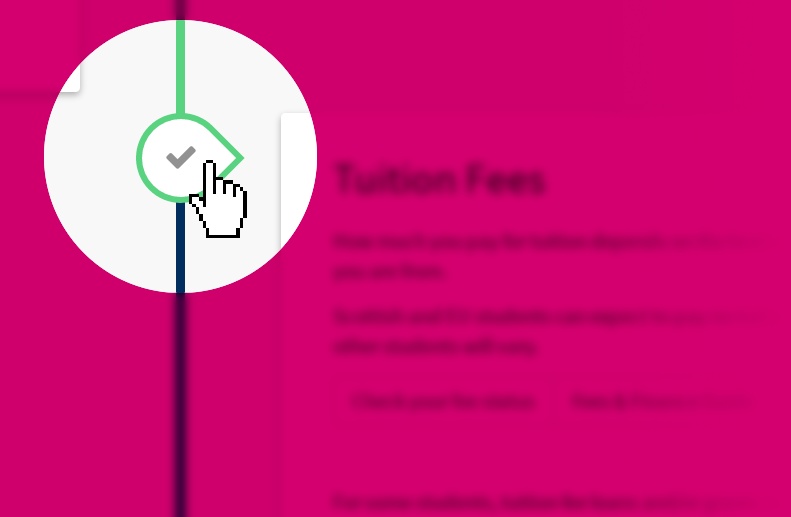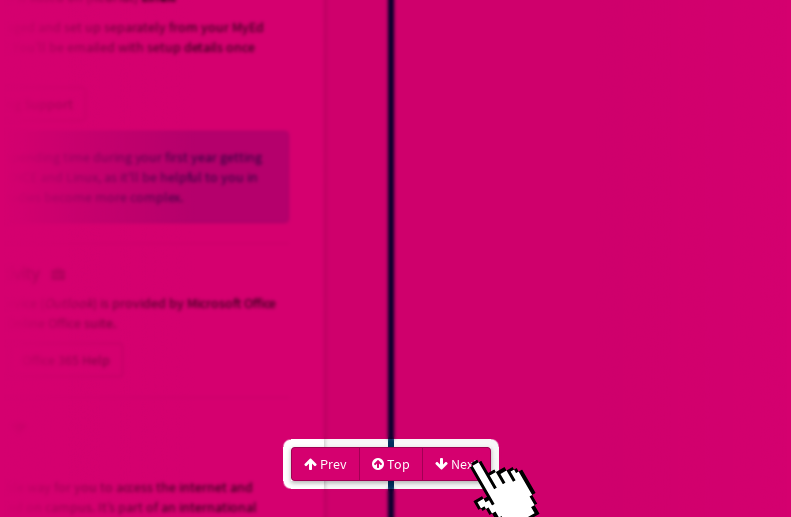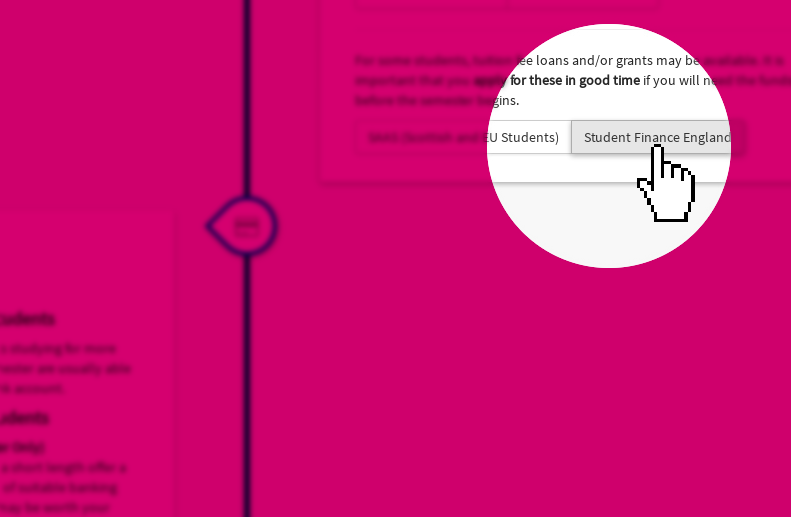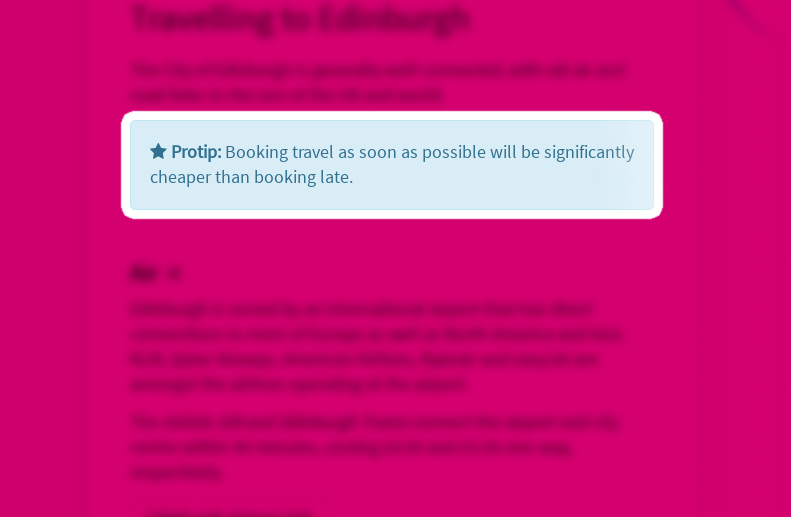Personal Safety and Responsibility
Edinburgh is a safe city with a low crime rate, but you must ensure that you take your own personal safety into account.
Emergency services can be reached by dialling 999. Non-emergencies can be reported by dialling 101.
Students are expected to adhere to the Student code of Conduct.
Healthcare
It is a good idea to register with a GP (General Medicine Practitioner) while you’re a student.
The University has a health service which can accept some number of students, while others
can register with the GP whose caption area they live within.
Safety Advice
While Travelling
Make sure that you produce copies of and keep your passport, visa and travel documents safe. Don’t carry excess amounts of cash and valuables, especially if you will not be with your luggage, such as checking your luggage in for a flight.
In Your Accommodation
Keep your valuables out of sight and make sure that your doors and windows are locked, especially when you are not present. For unexpected and unknown visitors, ask for them to present identification. University staff and security should always have Staff ID on them. These cards look the same as your student card.
Moving Around the City
Try not to walk home at night alone. Make sure that you plan ahead and try to stay with your friends. Be sure to keep aware of your surroundings. Black cabs are a safe mode of transport for getting home, especially if you do not know the area.
University Security
The Uni Scurity section is rtesponsible for emergency buildings problems and personal safety issues –
They can be called 24/7. In a serious emergency such as a fire Allways call 999 first. Security staff
are identifiable by their red jackets and vehicles, and will allways be carrying ID (You should ask
to see it if in doubt)




